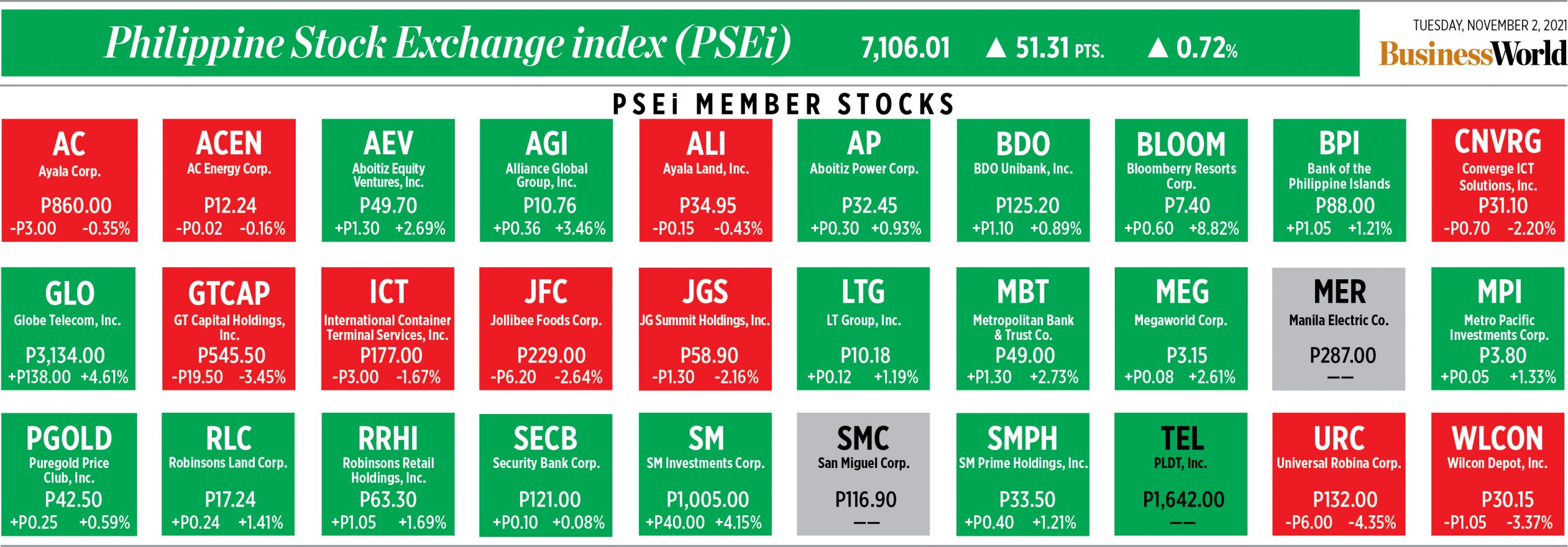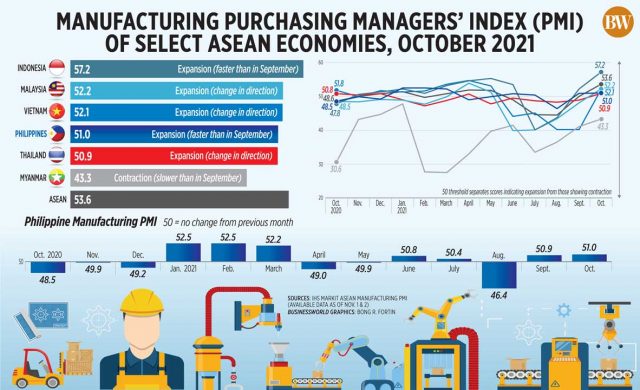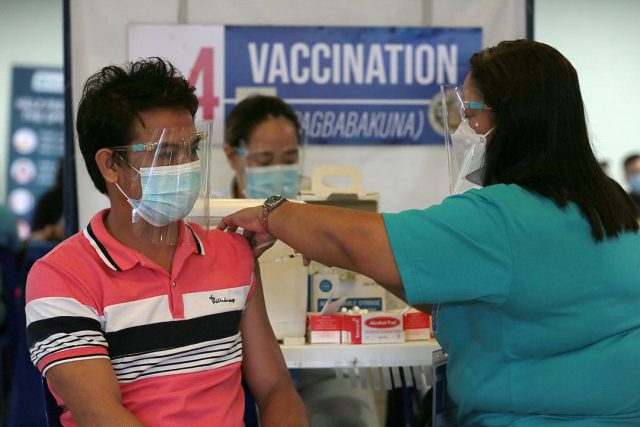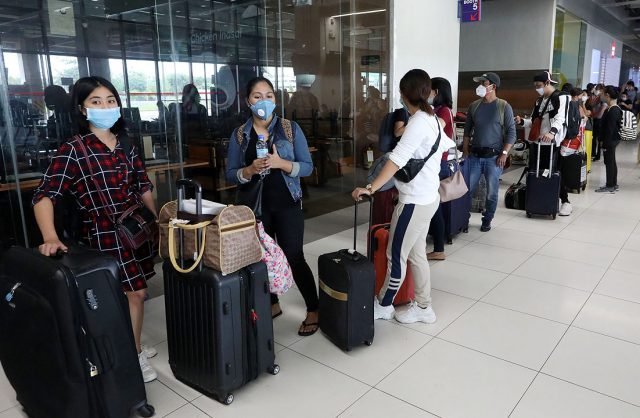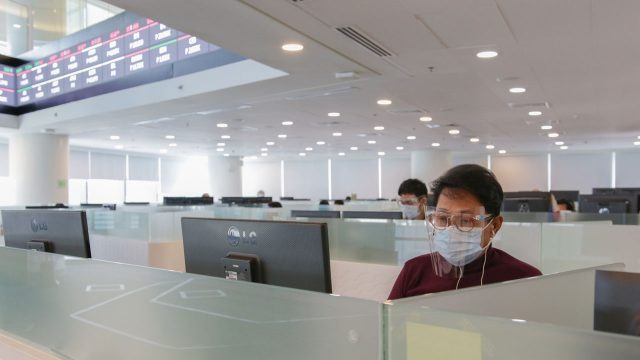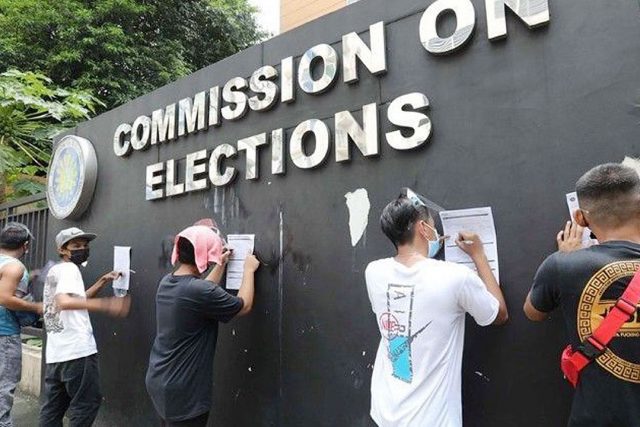AyalaLand Logistics’ profit jumps 117% as of Sept.
AYALALAND Logistics Holdings Corp.’s (ALLHC) consolidated net income surged by 117% to P402 million in the first nine months of the year on the back of strong domestic demand for industrial lots.
ALLHC’s topline amounted to P2.6 billion at end-September, 12% higher than the P2.3 billion logged in the same period last year. Revenues from the company’s industrial lot sales jumped 126% to P1.1 billion from last year’s P511 million.
Clients taking up the gross leasable area of the warehouses ALLHC completed last year led to a 6% increase in warehouse leasing to P299 million from the P282 million logged in the same period last year.
Meanwhile, ALLHC said revenues from commercial leasing operations continued to decline due to the pandemic restrictions and as the company continued to provide rental assistance to its tenants.
For the nine-month period, rentals from Tutuban Center and South Park Center declined by 16% to P311 million from P369 million. The company said South Park Corporate Center’s office leasing operations, which posted a 100% lease-out rate, is “cushioning the impact.”
Tutuban Center forayed into the digital space via Tutubuy, which serves as an online business platform for the small, medium, and emerging enterprises based in the Divisoria mall.
ALLHC said it also recently reopened the Tutuban Night Market, hosting over 400 stalls from 3 p.m. to 11 p.m.
“We see signs of recovery in our business lines with industrial lot sales driving significant improvement in our overall performance this quarter,” ALLHC President and Chief Executive Officer Maria Rowena M. Tomeldan said in a statement on Tuesday.
“While the current business environment still proves to be challenging, we trust that our growing diversified portfolio of assets will keep ALLHC resilient amidst the ongoing crisis,” Ms. Tomeldan said.
ALLHC, a unit of Ayala Land, Inc., focuses on real estate logistics and industrial estate development.
The company is present in five areas across the country via its businesses in industrial parks, warehouses, cold storage facilities, and commercial leasing.
Shares of ALLHC at the local bourse went up by 1.72% or 10 centavos on Tuesday to finish at P5.90 apiece. — K.C.G. Valmonte




